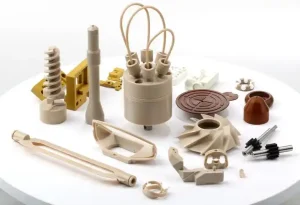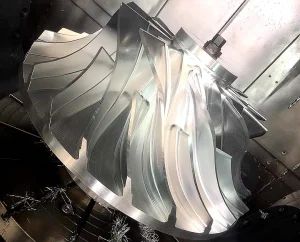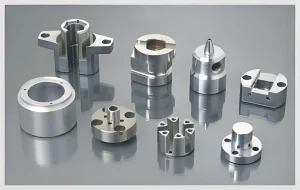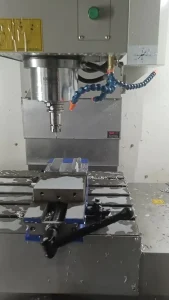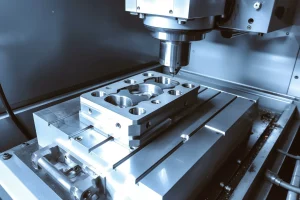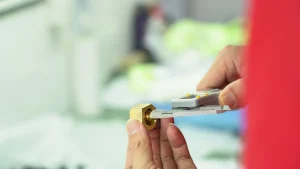Medical components are essential for countries with aging populations. In addition, the growth of this industry is affected by rising health costs and technological advancements.
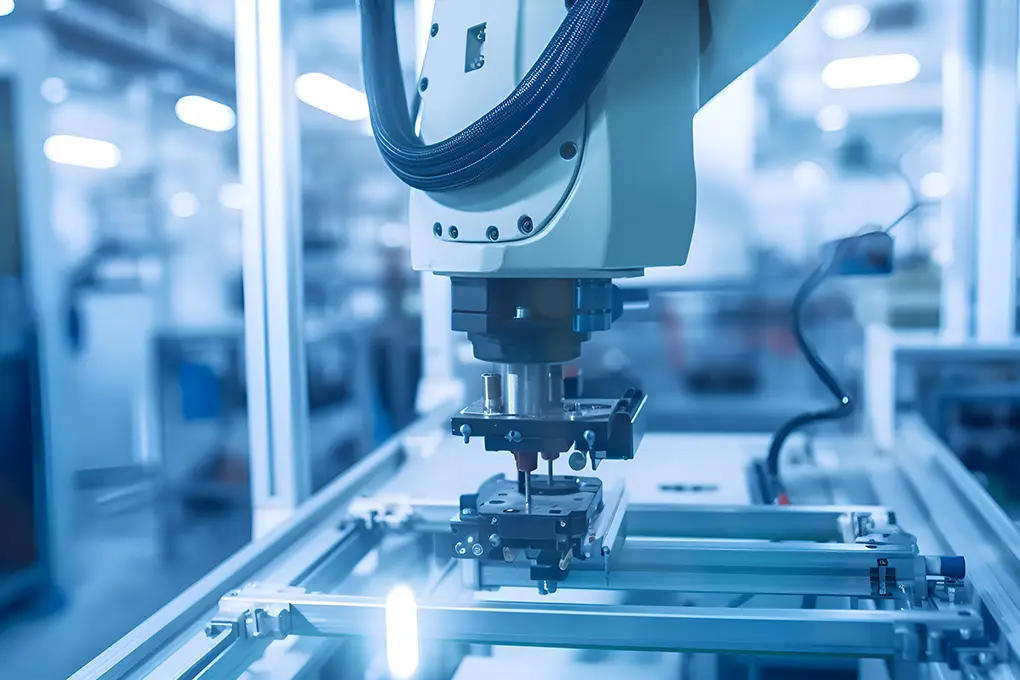
Importance of CNC Machining of Medical Parts
Medical parts primarily help improve surgical outcomes. These have a tangible impact on people’s lives. The market for the medical part has been on the rise. More and more customers are seeking our help in medical parts machining, and we will not let them down. As the market grows, we strive to improve product features, our business model, and customer service. However, some problems arise when keeping up with the latest technology while reducing costs.
Understanding CNC Machining Medical Precision Parts
Medical Machinery CNC machining is both a definition and a job. It requires machining medical parts with ultra-high precision. We use CNC machines to achieve this. They enable us to machine highly complex medical parts. These are essential for producing medical devices. The first one can easily handle conventional processes such as turning, boring, drilling, boring, milling, and knurling. Then, we can do special processes such as deep hole drilling, broaching, and threading. They can achieve this without multiple setups.
Using CNC machining machines, we can CNC machine tiny screws and precision surgical parts. Medical parts often require tight tolerances and are often complex. We are sometimes under pressure to process smaller parts. So, this means, we have to keep up with the latest advances in micromachining. Multi-tool and multi-axis machines allow us to improve CNC machining of medical parts. They reduce cycle time because we can machine all features on one machine.
Medical Components
Medical units have highly complex machined parts. Its intricate components are essential to the safe performance of the device. Designing and machining them requires top-notch creativity. Fortunately, we excel in machining high-quality medical precision parts. Examples of medical components are clamps, screws, locking plates, and surgical needles. Before each project, we first consult with our component suppliers. This allows us to determine tighter than normal tolerances. We then proceed to work on a design process that saves time and effort.
Medical Parts Tolerance Needs
We have multi-axis and CNC machining lathes at our disposal. This allows us to machine medical parts with tolerances of more or less 0.01mm. In addition, our customers can choose from a range of surface finishes. The machine can be finished up to 8 microns thick. In addition, we can produce complex geometries using our expert programming and Y-axis machining. These capabilities are ideal for customers with strict dimensional and finishing needs. No matter the complexity, our level of expertise is up to the task.
What makes us a capable CNC machining shop for medical parts?
Medical parts CNC machining requires a high degree of precision and reliability. Therefore, it needs to be CNC machined by a professional medical CNC machining shop. Our experts can take on the task with ease. They strive first and foremost to provide the highest possible consistency and accuracy. This is working in a strictly controlled and safe environment.
Whether it is a large or small batch, we intend to maintain proper repeatability. Fortunately, we achieve this easily using optimized short-time cycle processes. Moreover, they enable us to reduce waste when CNC machining medical parts. In addition, we have preventive maintenance and strict tool planning to avoid any delays.
We further use in-line production to reduce costs and maintain quality. This allows us to produce any number of medical parts quickly and cheaply. We also provide quality CNC machining cutting tools. They can handle a range of special materials that arise when processing medical parts. Examples of these materials are nickel, titanium, cobalt chrome alloys, and stainless steel.
Producing Medical Parts Using Swiss Turning CNC Machining
The complexity and delicacy of medical parts dictate professional CNC coding and engineering. This ensures the highest accuracy to meet the standards set by our customers. A Swiss-type CNC machine processes the bushing. This ensures that the cutting tool is never too far from the workpiece. You may wonder why this is important. It reduces any errors caused by distance deflection. This is crucial when dealing with slender medical components. In addition, it helps us deal with small-scale, delicate parts.
Its speed and efficiency allow for fast and flexible response. This still ensures repeatability regardless of volume. CNC machining as a prototyping method can speed up the entire process. We further combine this with precision grinding, allowing us to respond to our customers’ needs.

